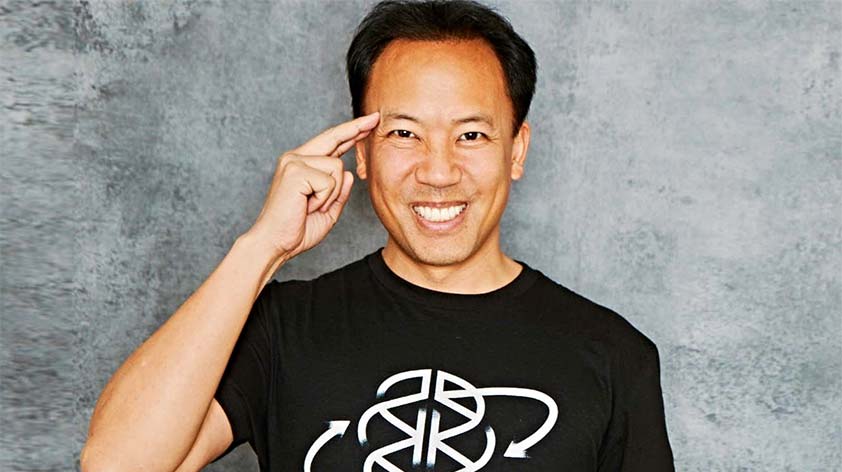
Jim Kwik is a world-renowned memory and brain coach, offering executive coaching services to students, entrepreneurs, businessmen, and guides to leadership. For the past three decades, Jim taught his learning techniques to students from universities such as NYU, Harvard, Columbia, Stanford, and Singularity, as well as executives and employees from companies such as Nike, GE, Zappos, SpaceX, and Virgin to get the most out of work and life.
This past week, I watched Jim Kwik’s interview with Lewis Howes entitled ‘From “Boy With The Broken Brain” to Memory Master’. In this video, he discusses his journey in the education system, how being taught to remember things is not incorporated into the education system, but how memory is a vital part of life and about speed reading. In this article, I will share three points that I felt were important and why. Curious? Follow on for Jim Kwik: 3 Things You Can Learn from Him!
Point 1: Motivation Can Influence One’s Reading Choice
In explaining this point, Jim Kwik tells the audience the story of a girl he taught to speed read. The girl he taught to read ended up reading thirty books in thirty days.
When he asked her what the reason behind that was, the girl said she wanted to save her mother who was suffering from terminal cancer as the doctors told her mother that she only had only sixty days to live. Thankfully, her mother survived her battle with terminal cancer and attributed surviving it to her daughter.
This point resonates with me because I never viewed motivation as a factor that contributes to what people choose to read. I just viewed people’s reading choices as them picking books in the genre(s) that they liked and calling it a day. It also resonates with me because it shows how when people are put in certain situations, it can influence something as small as the books that people chose to read.
Point 2: Memory is Essential
In his own words, “If knowledge is power, learning is a superpower”. Jim Kwik does not restrict learning to learning about completely different areas outside of our interest but learning also includes knowing people’s names, their birthdays, their interests etc.
Jim also uses the military term ‘the forced multiplier’ to explain his point further. ‘The forced multiplier’ means that input goes in but the output you get from it is exponential.
He links to how memory is a multiplier. He gives different examples of how memory serves to be a multiplier. He uses the example of how remembering things about a loved one, like their birthday or buying them something they like, they cherish and appreciate you more because it shows that you have been paying attention.
He also mentions how he knows people who have lost million-dollar deals because they could not remember the names of the people they were going into the deal with. This point Jim mentions resonates with me because it shows how remembering things about people we interact with goes a long way.
Whether our interactions with them are in a relationship, business, or any other kind of setting, being able to remember and recollect things about others helps improve our relationship with them.
Point 3: The Education System Fails to Teach People About Memory
Jim Kwik does not view the education system as completely useless as the school teaches people useful skills like arithmetic and how to read. However, he believed that the education system missed the mark when it came to teaching students about how to remember things. Furthermore, Jim Kwik uses how being unable to remember things affected him on his educational journey.
He was far behind when it came to reading whilst his peers were far ahead of him. It was also beginning to affect him in college as his grades were so bad that he almost dropped out. This point resonates with me because it reflects the reality of the educational system. You are given the information you are supposed to learn but how you will remember it is up to you.
You are not given a guide on how to be able to remember the information you spent time learning nor are you shown ways to be able to retain that information. Remembering things whilst being a student is totally left up to the student!
Which of these 3 points from Jim Kwik did you find most thought-provoking? Let us know in the comments below and join in the conversation on Facebook, Twitter & Instagram! Want more great quick-dive selections from eminent authors and speakers? Then check out more of my psychology-oriented, motivational articles too!









